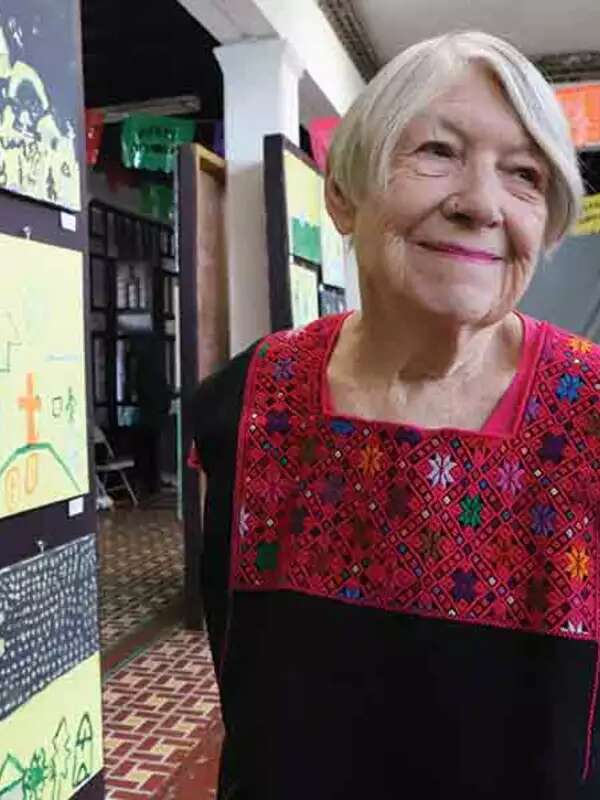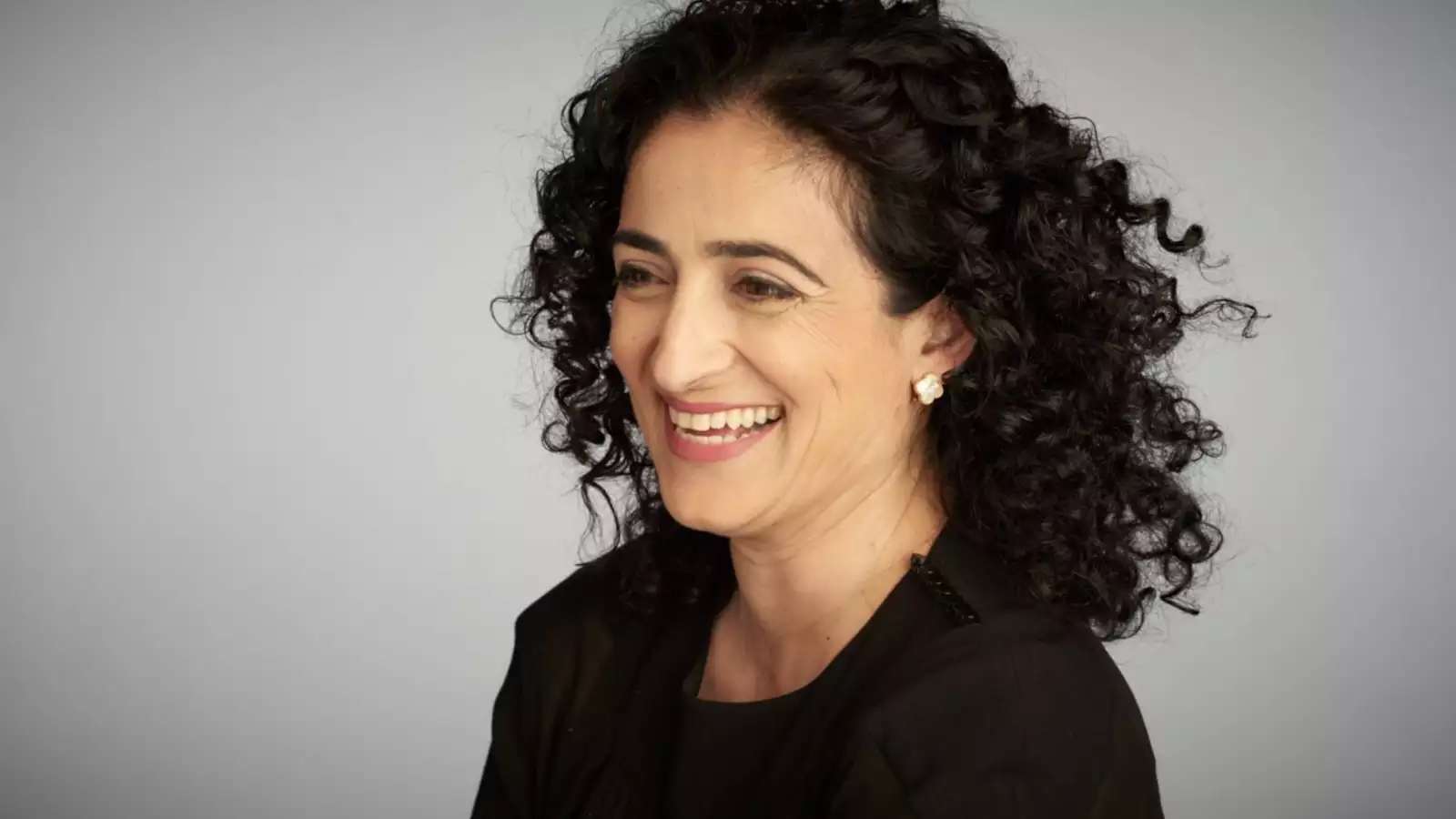
Catching Up With 2020 Gala Awardee Maryam Banikarim ’89

Throughout her wide-ranging career, Maryam Banikarim ’89, P’21 — a 2020 Gala honoree and 2019 Columbia Alumni medal recipient — has always been an intrepid storyteller. In 2018, she drew national attention for her New York Times essay, “What Am I if Not Employed?,” on taking a “pause” and leaving her high-powered job. As a former global chief marketing officer, Banikarim has served in leadership roles at major companies including Hyatt, Gannett, NBCUniversal, and Univision. She recently joined Nextdoor, the social networking platform for neighborhoods, as head of marketing, overseeing the communications and policy, marketing, and international teams. Widely recognized as an expert brand builder, she’s been named one of the New York Post’s “50 Most Powerful Women in NYC” and Fast Company’s “Top 10 Disrupters.” We spoke with Banikarim about how Barnard shaped her career trajectory, gave her voice, and equipped her to be a leader in her field.
Tell us a little bit about your journey to Barnard.
The funny story is I ended up at Barnard kind of by accident. I lived in California, and we’d immigrated here when I was in junior high. I had inklings of wanting to be a journalist. And my mom wanted that for me too. I think she equated journalism with Columbia because of the journalism school. In that era, you didn’t go visit colleges — I just applied from my home. I had an old book that you flip through to figure out what colleges to go to. And the one that I had for some reason was a year out of date, and it said women apply to Barnard. [But] that was the year that Columbia started admitting women. So I got to campus and everyone asked, “Why did you pick Barnard over Columbia?” And I was like, “’Cause my book was a year out of date!” My choice was either Barnard or Berkeley. I had always had this fantasy of going to college on the East Coast. I got into Barnard off the waitlist. I remember at the eleventh hour, we came to New York to visit some family friends. I swung by the Admissions office, and they talked to me and said, “We’ll take you if you want to come.” And so I made that decision then and ended up at Barnard.
How did your Barnard education prepare you for these leadership positions?
I think Barnard helped give me voice. I became my freshman class president. I don’t know if I’d gone to a different school if I would have even done that, so I think Barnard just gave you the opportunity to have a seat at the table and use your voice. And being in New York was like being a kid in a candy shop. I had an internship almost every semester. I wrote for the Barnard Bulletin. And there is this idea that you could just make things happen. You can have an internship and go to class. And I have a lot of energy, so I just did a lot of things.
What has been most rewarding about your career?
I think for me that thread of storytelling was probably it. Regardless of what field I go into, that’s still what I do. I just do it in a different capacity. Being a CMO is really about figuring out how to tell the story of a company or a brand. I think I was always enamored with the idea of telling a story — whether it was at the Barnard Bulletin or figuring out how to do it in a corporate or more businesslike setting. If I find something I believe in, I like that story. And for me, when I go back into work, it’s always: Can I have [an] impact? Do I believe in the product? Do I get to work with people I respect, and can I learn something new?
Your daughter is a rising senior. What has it been like being a parent of a Barnard student?
It’s been nice having her there. I didn’t push her to go because that’s the kind of thing that you then get blamed for. You know as a parent not to do that. I was excited for her to go. My sister went to Barnard, and my cousin went there. We obviously have a love of Barnard. The thing is, for me, I find Barnard and Columbia are my community. It’s why I’ve always stayed involved. I still talk to Richard Pious [professor of political science and former Adolph S. and Effie Ochs Chair in History and American Studies, who retired in 2014]. It really did give me that sense of community. I think for the first time it was the kind of a place where I felt like I had a home.
How has the school evolved since you were a student?
The things that made Barnard amazing are still very much there. There is a drive to somebody who goes to Barnard that is not the same as people who go someplace else. What I love about Barnard is it’s small, but you’re a part of this bigger world. And that was one of the beauties of being able to go there. When you went to some of the smaller schools, they really still held your hand. And the Barnard sense was you got to get there yourself. And those lessons and the peer set that you’re in, you are like, “Wow, this is a group of people who are in a rush to get somewhere.” I think that’s still the same.


